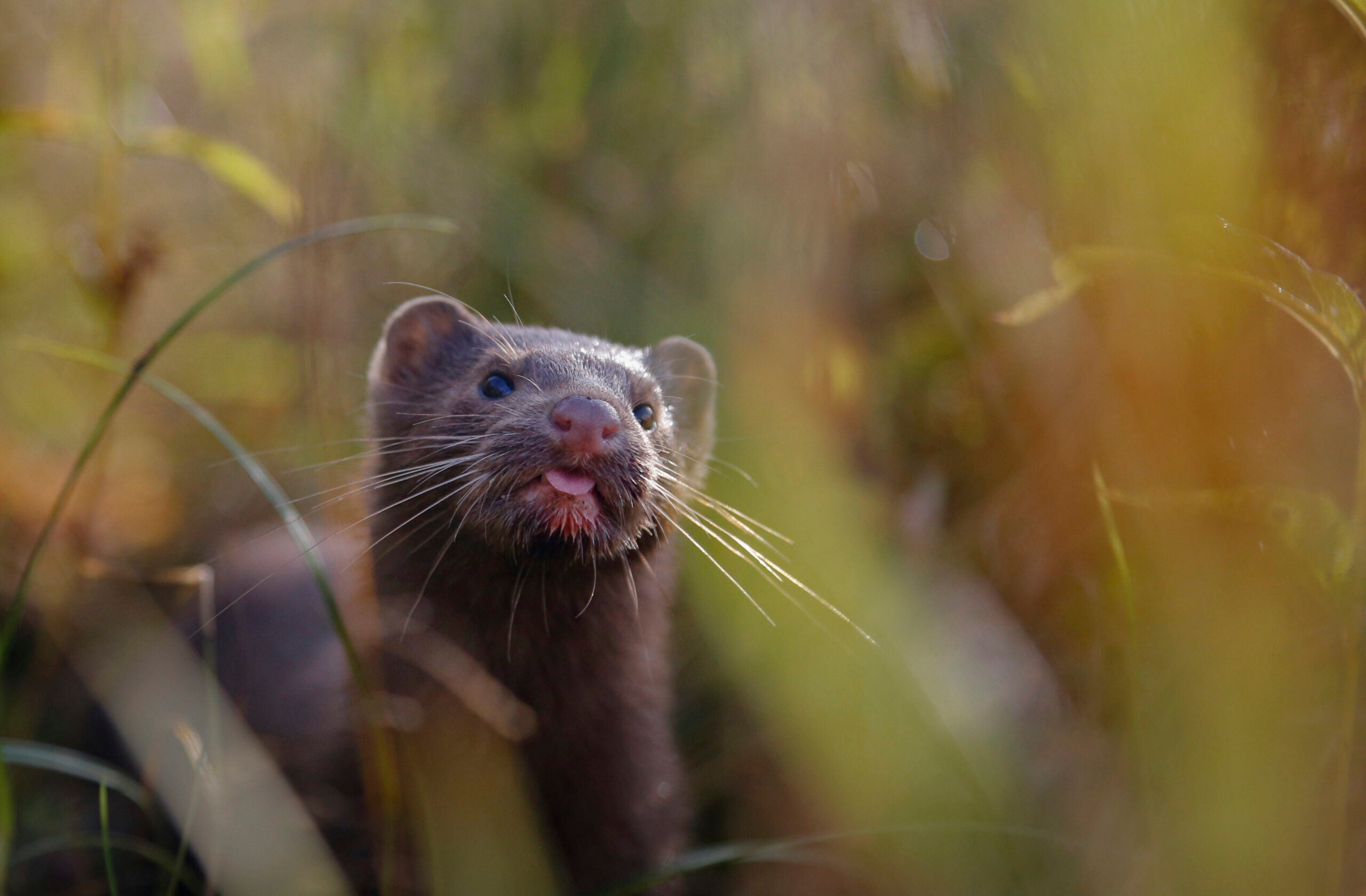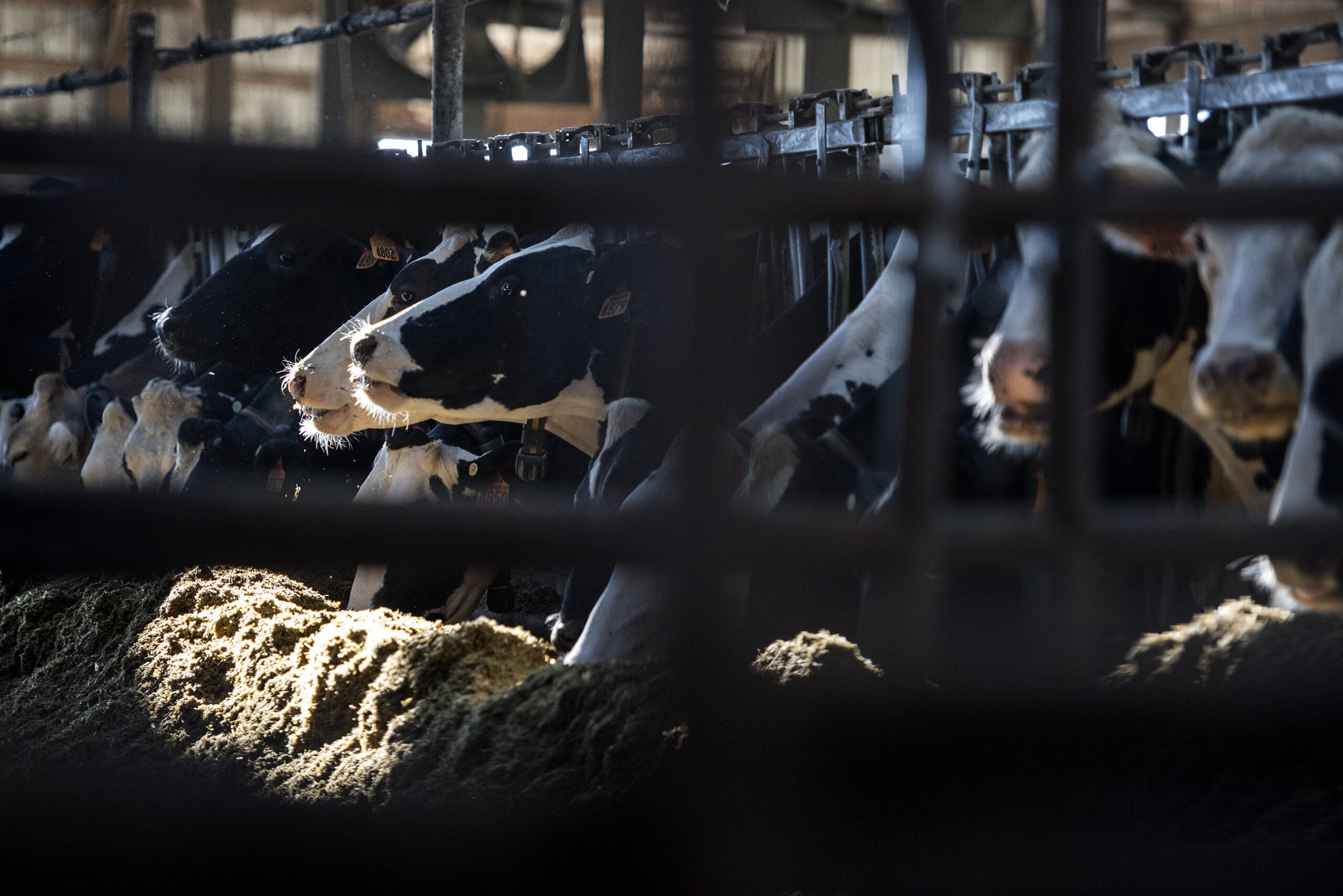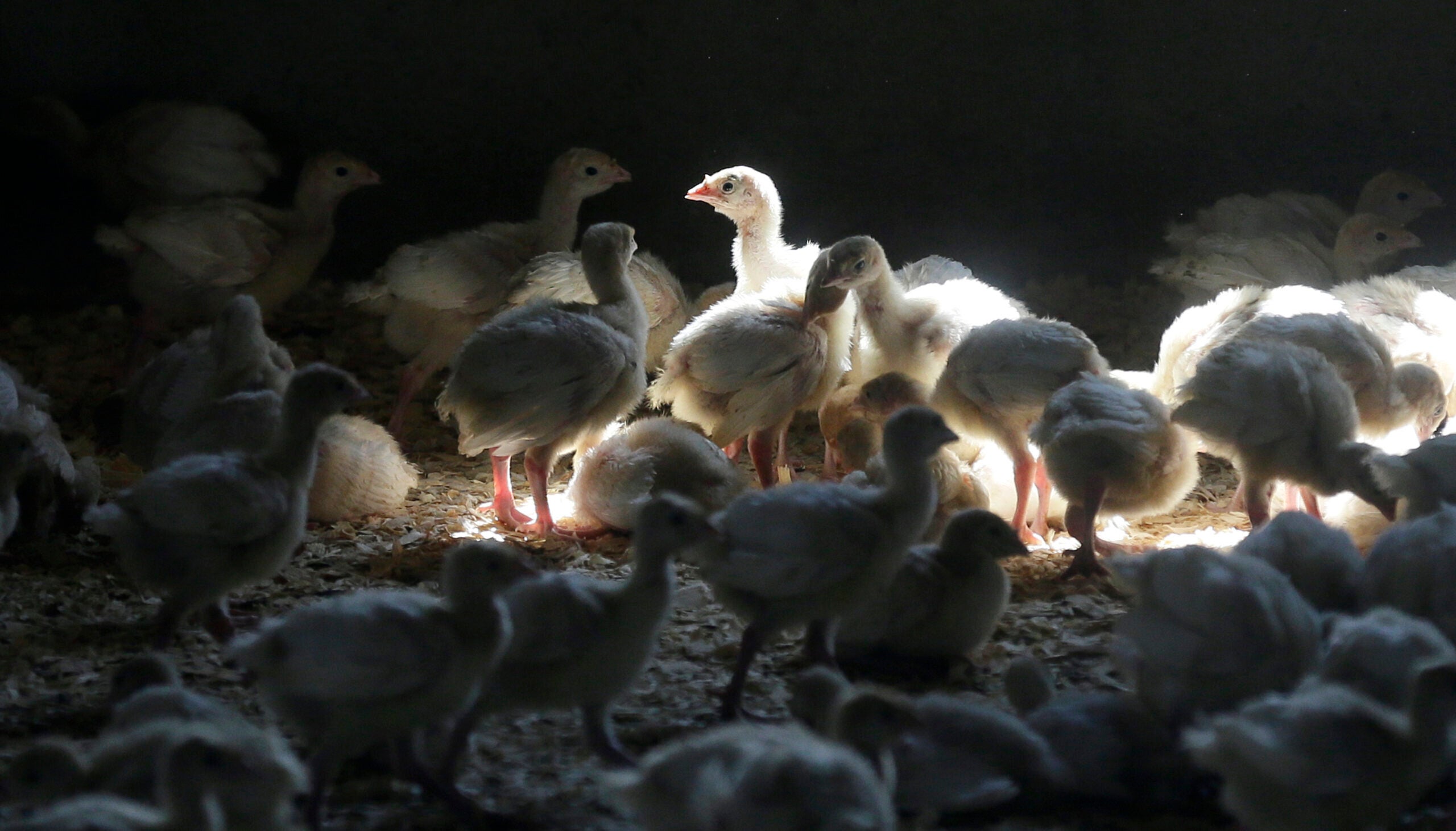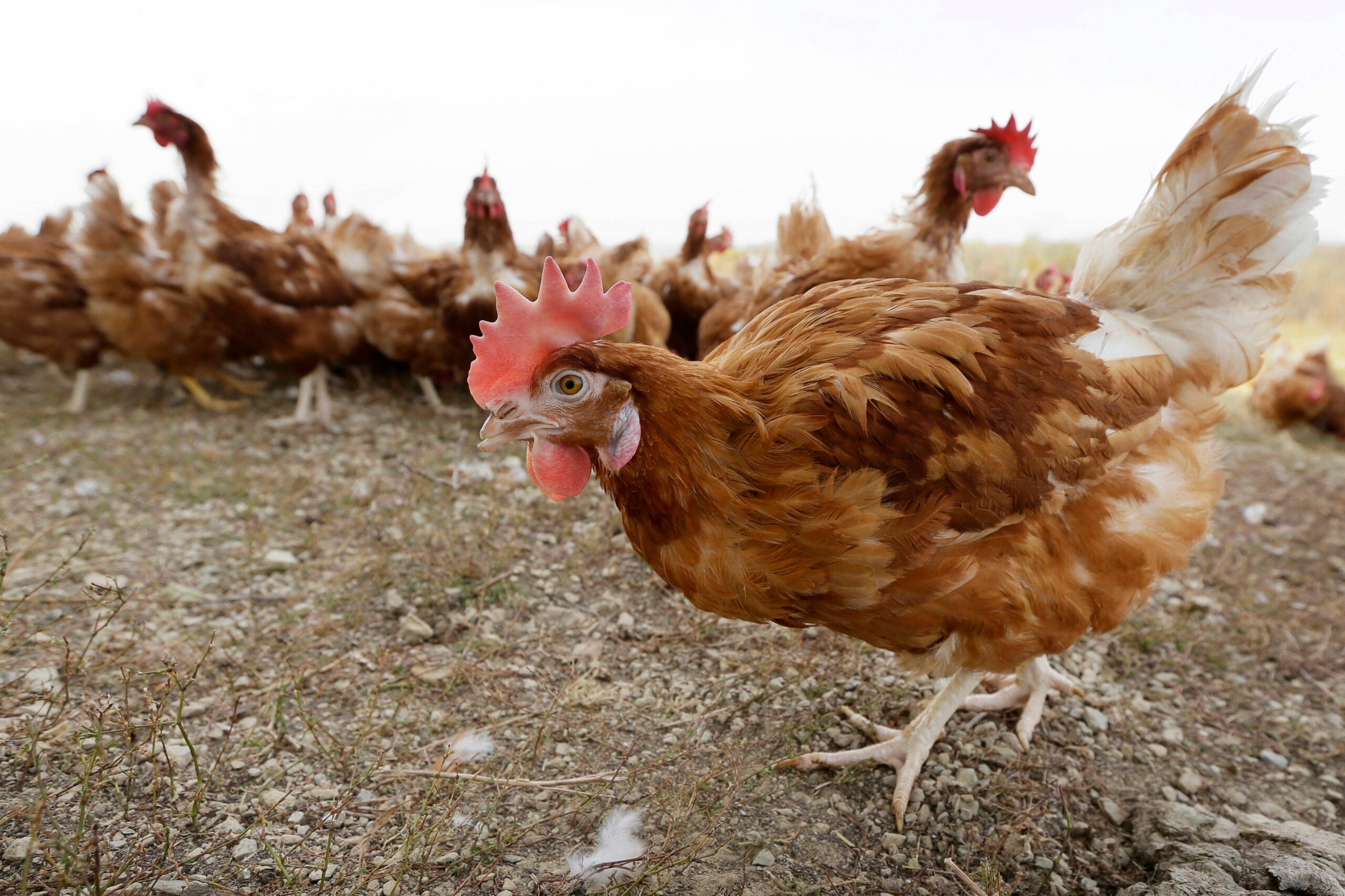As Wisconsin health officials work to get more residents vaccinated against the coronavirus, a mass vaccination effort is also happening in the state’s mink industry.
The state Department of Agriculture, Trade and Consumer Protection approved the use of a vaccine for mink made by veterinary pharmaceutical company Zoetis in May.
Similar to the vaccines for humans, State Veterinarian Dr. Darlene Konkle said the vaccine for mink was approved by federal officials for experimental use because of the threat presented by SARS-CoV-2, the virus that causes COVID-19 in humans.
News with a little more humanity
WPR’s “Wisconsin Today” newsletter keeps you connected to the state you love without feeling overwhelmed. No paywall. No agenda. No corporate filter.
“So we don’t have a lot of data yet on efficacy. But to have a vaccine available at all I think is a positive thing. We want to be able to have for mink farms any tool available to prevent the mink from being exposed,” Konkle said.
She said the state is not tracking which farms chose to use the vaccine.
Dr. John Easley, a Wisconsin veterinarian and consultant for the mink industry, said farms representing about 95 percent of mink in the U.S. have committed to vaccinating their animals.
He said the vaccine protocol for mink is similar to humans, with two doses given around three weeks apart.
“Producers in Wisconsin have utilized the vaccine to a very high degree. The great majority of the farms are through their first round of vaccinating. In the next few weeks, they’ll be starting their second round,” Easley said.
The vaccination effort is costing producers across the country around $1.2 million in total, Easley said — a cost that has kept some producers from pursuing the shot for their animals. But he said many producers see the cost as well worth it after the virus killed thousands of mink at farms in Europe and the U.S., including two farms in Taylor County.
“The reason they’re doing that is obviously to protect their mink from this new disease,” Easley said. “But it’s also being utilized to help reduce any potential risk there could be to the human population due to the virus potentially replicating on farms.”
The Centers for Disease Control and Prevention’s website reports that spread of the virus from mink to humans has been reported in Michigan, as well as the Netherlands, Denmark and Poland.
The agency said an investigation into a Michigan farm found a small number of people “were infected with SARS-CoV-2 that contained unique mink-related mutations.”
The CDC also said there have been reports of a mink-related strain of the virus in a community in Denmark, but the World Health Organization reported in November that the strain was no longer circulating.
Some animal welfare activists argue the potential for the virus to continue mutating in farm-raised mink is a public health threat.
Dr. Jim Keen, director of veterinary science for the Center for a Humane Economy, said the vaccination for mink will at best be a “partial cure” because of how easily the virus has spread among mink on farms. He points out that no vaccine is totally effective.
“You won’t be able to vaccinate your way out of this,” Keen said. “You’re just not going to be able to achieve 100 percent herd immunity in any farmed mink. And also you have immunosuppression because of the abnormal, I call it ‘denatured’ environment.”
A report prepared by Keen for the Center for a Humane Economy and Animal Wellness Action said farmed mink populations could also spread the virus to wild mink populations or related species in the U.S., which would complicate humans’ ability to control the virus and present a continued threat for new outbreaks.
Konkle said DATCP has not received any reports of the virus spreading to other livestock animals or new outbreaks at any mink farms in the state.
She said the two farms in Taylor County that saw outbreaks last fall are nearing the end of their quarantine process and are among the farms that have vaccinated their animals.
“We’re no longer seeing sick mink. We’ve had rounds of testing, which the latest ones have been negative. Really, what we’re waiting on in those farms is the handling of manure and other properties that could potentially be a source of the virus,” Konkle said.
That process will likely be finished in the next few weeks, she said.
Wisconsin Public Radio, © Copyright 2025, Board of Regents of the University of Wisconsin System and Wisconsin Educational Communications Board.






